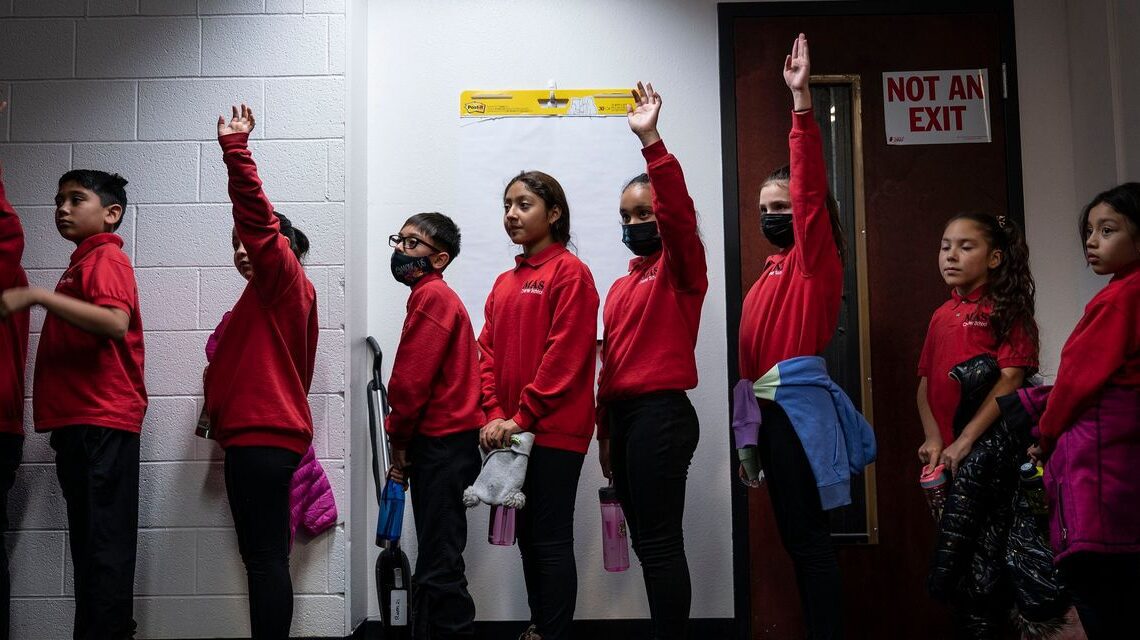Leland, N.C.
A ruling in a federal court case could spell trouble for the charter-school movement. The case began in 2015 when the American Civil Liberties Union, representing three female students, sued our school.
The plaintiffs in Peltier v. Charter Day School, Inc. allege that our uniform policy—which requires girls to wear jumpers, skirts or “skorts” (skirtlike shorts) on most days—violates the girls’ rights under the 14th Amendment’s Equal Protection Clause. After a mixed decision in federal district court, the Fourth U.S. Circuit Court of Appeals ruled in June for the plaintiffs.
By a 10-6 vote, the full court held that CDS is a “state actor,” constitutionally indistinguishable from government-run public schools. That is counter to North Carolina law. CDS is a private nonprofit corporation—a legal requirement for operating a charter school under the state’s Charter School Act. That law specifically empowered charters to set their own rules about comportment, curriculum, appropriate dress and other matters.
If the ruling stands, it could undo the central feature of charter schools: their independence. That would send “education in a monolithic direction, stifling the competition” that spurs improvement, Judge
J. Harvie Wilkinson III
warned in dissent.
Another dissenter, Judge A. Marvin Quattlebaum Jr., focused on precedent, noting that prior to this ruling “neither the Supreme Court nor any federal appellate court” had ever concluded that a publicly funded charter school is a state actor under 42 U.S.C. 1983, the federal law that authorizes lawsuits alleging violations of constitutional rights. The First, Third and Ninth circuits, following Supreme Court guidance in analogous cases, have all held that a private education contractor doesn’t engage in state action unless the state coerced or encouraged the challenged conduct.
The Fourth Circuit’s finding appears to have been based on little more than the convention of calling charters “public charter schools” and their being mostly funded by public sources. But hundreds of American cities contract municipal services out to private companies, which generally aren’t considered state actors. The Supreme Court rejected state-action claims against an investor-owned public utility in Jackson v. Metropolitan Edison Co. (1974) and an operator of a public-access TV…
Click Here to Read the Full Original Article at RSSOpinion…

